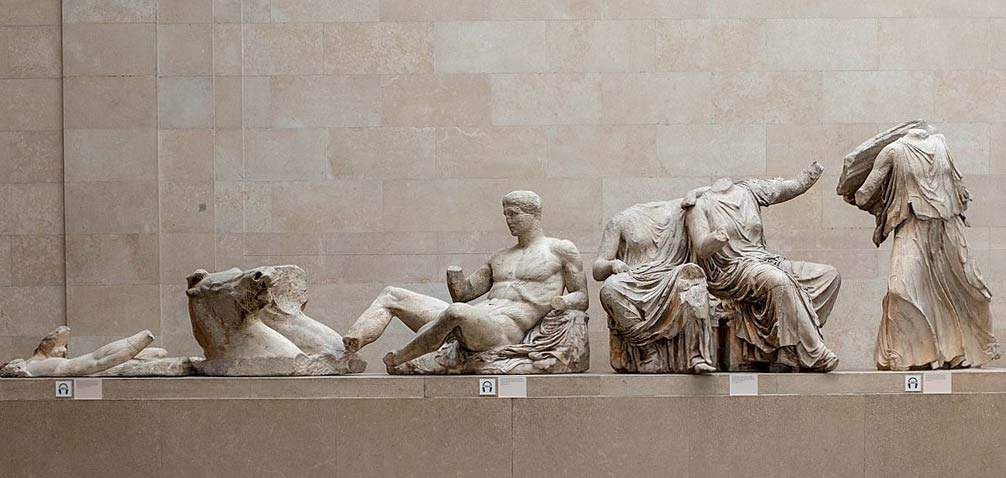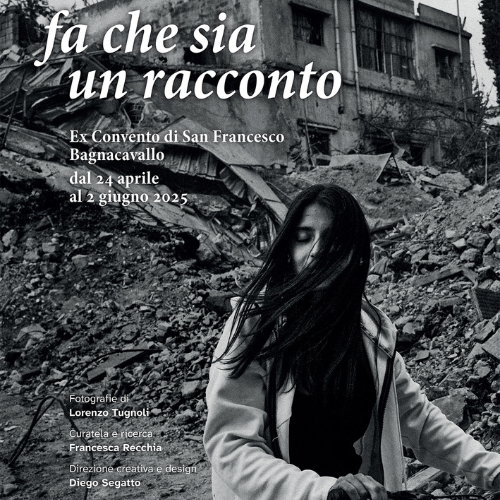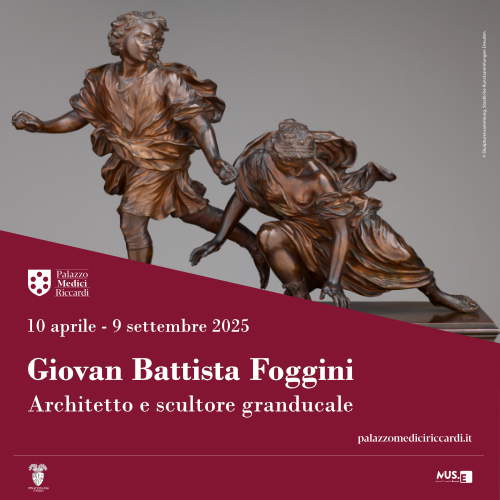Parthenon marbles, Greece and British Museum close to an agreement
Greece and the United Kingdom are reportedly close to an agreement to reunite the Parthenon marbles(their full story here. This is reported by the Greek newspaper Kathimerini, in an article published yesterday by journalist Kostis Papadiochos. According to the newspaper, Athens and the British Museum will have to travel a distance that will be short, but at the same time it will also be the most critical to achieve the goal of reuniting the Parthenon sculptures by 2025, because there is no talk of temporary loans, but of a permanent return. According to Kathimerini, there has been convergence between the two sides -- but no agreement at the moment -- on important aspects of the final formula to be adopted. The first is that the sculptures returned by the British Museum will never leave the Acropolis Museum, despite the fact that this will probably not be “directly” and “expressly” stated in the agreement, and the Greeks will nonetheless be required to send them to London for periodic multi-year exhibitions in London. The second is that Athens will not get all the marbles brought to London by Lord Elgin, but only those that will restore the narrative unity of the frieze and pediment. So, other marbles that do not have the same relevance, for example the Caryatid removed from the Erechtheion, will remain in the British Museum.
As journalist Sakis Ioannidis has noted, what is missing from the decoration of the Parthenon in Athens that is instead preserved in London constitutes about 50 percent of the marbles: there are, for example, 16 metopes (whole and fragmentary) depicting the battle between Centaurs and Lapiths, the birth of Athena and the battle between Athena and Poseidon, while 56 fragments are missing from the frieze depicting the Panathenaic Procession-about 75 meters out of a total of 160.
Again, a hybrid legal formula is on the table so that the two sides do not cross their “red lines”: the British Museum wants to get around the term “permanent alienation” which is contrary to the 1963 British law, which expressly forbids, precisely, the permanent alienation of works that are part of its collection. Instead, Athens rejects the logic of “borrowing” the marbles. The fine-tuning of the legal framework that will govern the agreement will have to have a particularly solid foundation, since, according to Kathimerini, there could be a flurry of appeals against such an agreement in the British courts. Finally, the question of logistics remains unresolved: that is, how, when, and in what way the artifacts will be exchanged. It is a foregone conclusion, however, that once the “big” behind-the-scenes negotiations are resolved, addressing these latter issues will be a relatively easy task. “Considering that cultural heritage and international diplomacy are at stake,” Papadiochos writes (albeit only on the English version of Kathimerini), “the final stages of this process could have significant implications for debates about the return of artifacts worldwide.”
 |
| Parthenon marbles, Greece and British Museum close to an agreement |
Warning: the translation into English of the original Italian article was created using automatic tools. We undertake to review all articles, but we do not guarantee the total absence of inaccuracies in the translation due to the program. You can find the original by clicking on the ITA button. If you find any mistake,please contact us.





























